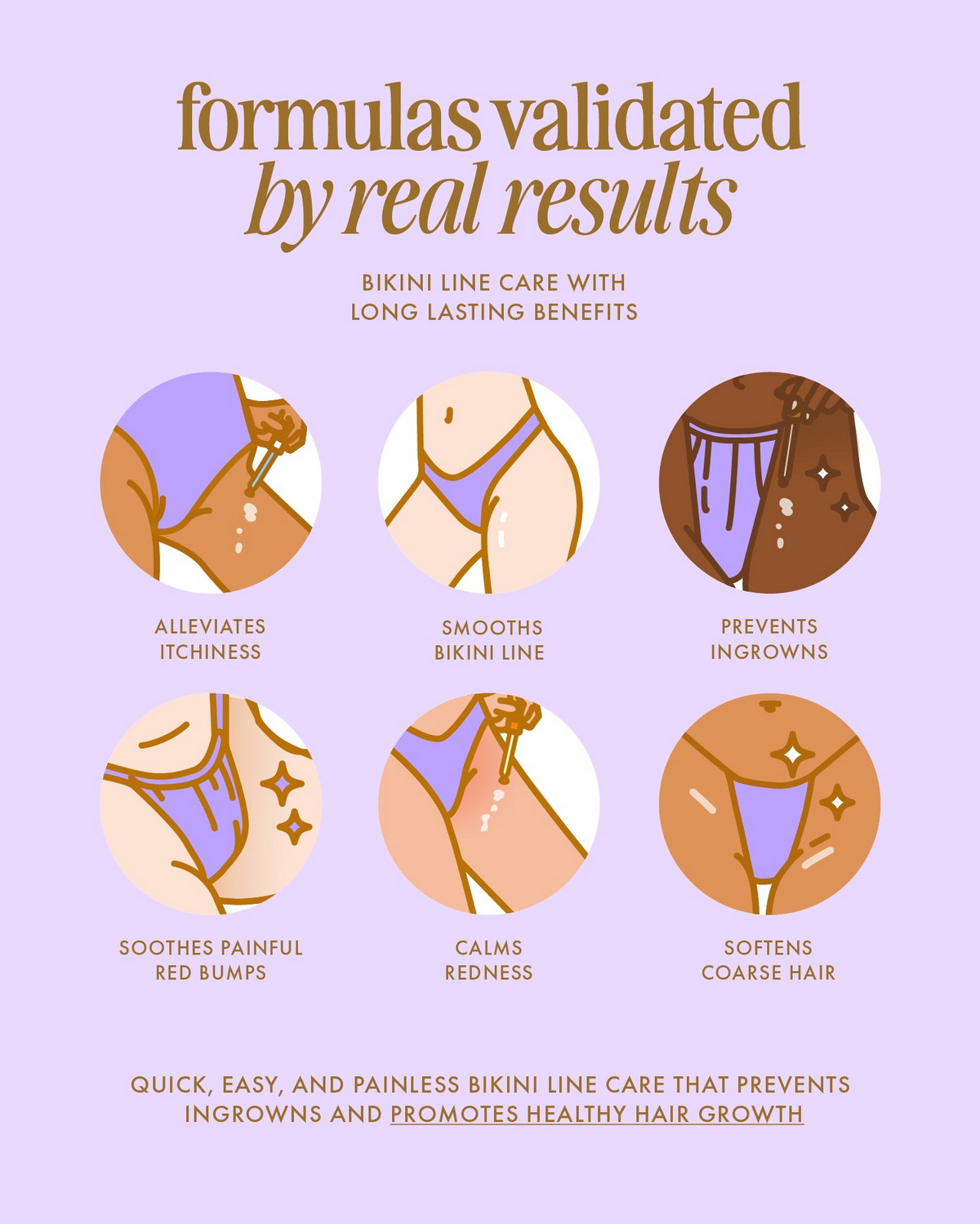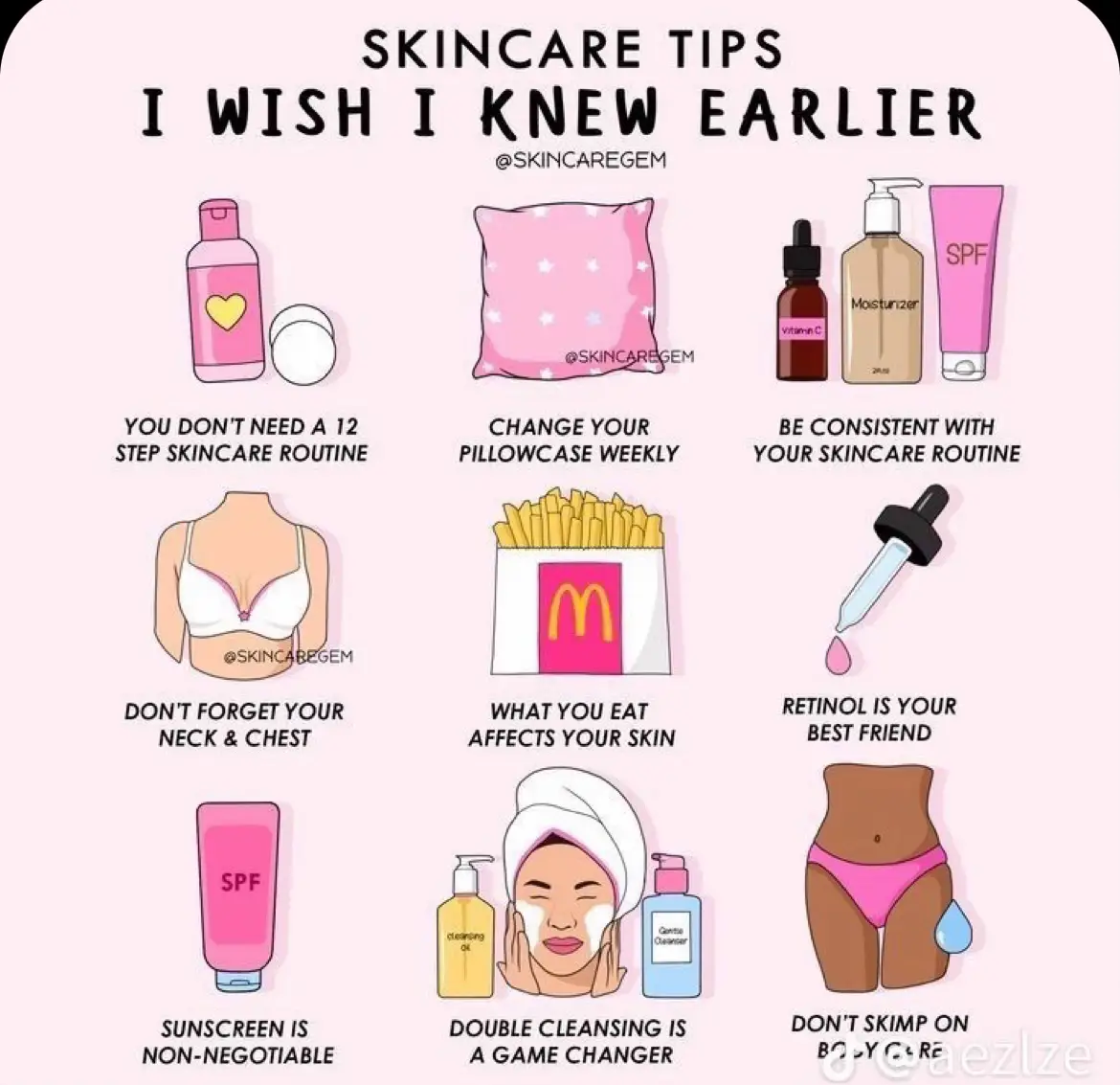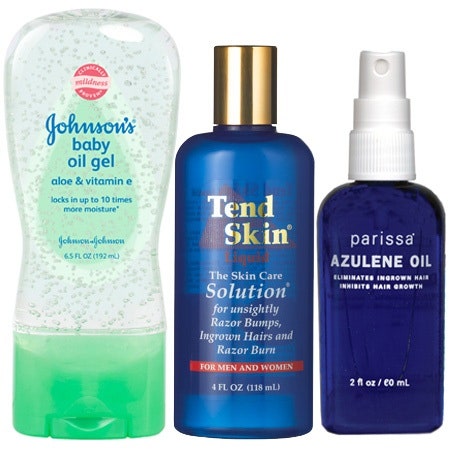Content Menu
● Understanding Bikini Area Irritation
● Treatment Options for Bikini Area Irritation
>> 1. Cool Compresses
>> 2. Aloe Vera Gel
>> 3. Coconut Oil
>> 4. Hydrocortisone Cream
>> 5. Oatmeal Baths
● Preventative Measures
>> 1. Proper Shaving Techniques
>> 2. Wear Loose Clothing
>> 3. Avoid Tight Underwear
● Home Remedies for Immediate Relief
● Additional Care Practices
>> 1. Exfoliation Routine
>> 2. Hydration and Moisturization
● The Role of Diet in Skin Health
● The Importance of Sun Protection
● Choosing Hair Removal Methods Wisely
● Aftercare Tips Post-Hair Removal
>> For Shaving:
>> For Waxing:
● When to Seek Medical Attention
● Related Questions and Answers
>> 1. What is razor burn?
>> 2. How long does razor burn last?
>> 3. Can I use Vaseline on razor burn?
>> 4. Is waxing better than shaving?
>> 5. How can I prevent ingrown hairs?
● Conclusion
Experiencing extreme irritation in the bikini area can be uncomfortable and distressing. Whether it's due to shaving, waxing, or other hair removal methods, understanding how to treat and prevent irritation is crucial for maintaining skin health and comfort. This article will explore effective treatments, preventative measures, and home remedies to help soothe irritation in the bikini area.

Understanding Bikini Area Irritation
Irritation in the bikini area can manifest as redness, itching, burning sensations, or even bumps. Common causes include:
- Razor Burn: Often resulting from shaving too quickly, using a dull razor, or not using enough lubricant.
- Ingrown Hairs: Hairs that curl back into the skin can cause painful bumps and inflammation.
- Folliculitis: An infection or inflammation of hair follicles, often caused by bacteria or fungi.
- Contact Dermatitis: Reaction to products like soaps, lotions, or fabrics that irritate the skin.
Treatment Options for Bikini Area Irritation
1. Cool Compresses
Applying a cool compress can provide immediate relief from burning sensations and reduce swelling.
2. Aloe Vera Gel
Aloe vera is renowned for its soothing properties. Applying pure aloe vera gel can help calm irritated skin and promote healing.
3. Coconut Oil
Coconut oil acts as a natural moisturizer with antimicrobial properties. Massaging it into the affected area can help alleviate dryness and irritation.
4. Hydrocortisone Cream
Over-the-counter hydrocortisone cream can be effective for reducing inflammation and itching. However, it should only be applied externally and not inside the vagina.
5. Oatmeal Baths
Soaking in an oatmeal bath can soothe irritated skin. Oatmeal contains compounds that have anti-inflammatory properties.

Preventative Measures
Preventing irritation is often easier than treating it once it occurs. Here are some strategies to minimize discomfort:
1. Proper Shaving Techniques
- Exfoliate: Gently exfoliate the bikini area before shaving to remove dead skin cells.
- Use a Sharp Razor: Always use a new or sharp razor blade to minimize friction and irritation.
- Shave in the Direction of Hair Growth: This reduces the risk of ingrown hairs and irritation.
- Moisturizing Shave Cream: Use a moisturizing shaving cream or gel to help the razor glide smoothly over the skin.
2. Wear Loose Clothing
Opt for breathable fabrics like cotton to reduce friction and allow your skin to breathe.
3. Avoid Tight Underwear
Tight underwear can trap moisture and heat, leading to increased irritation. Choose cotton underwear that fits comfortably.
Home Remedies for Immediate Relief
In addition to conventional treatments, several home remedies can provide quick relief from irritation:
- Baking Soda Paste: Mix baking soda with water to create a paste that can soothe itchy skin when applied directly.
- Greek Yogurt: The probiotics in Greek yogurt may help restore balance if irritation is due to yeast infections.
- Tea Tree Oil: Diluted tea tree oil has antimicrobial properties that may help with folliculitis but should be used cautiously.

Additional Care Practices
To further enhance care for the bikini area, consider these additional practices:
1. Exfoliation Routine
Regular exfoliation is essential for preventing ingrown hairs and maintaining smooth skin. Use a gentle exfoliator designed for sensitive areas:
- Exfoliate before hair removal to lift hairs away from the follicles.
- Post-removal exfoliation helps keep pores clear of dead skin cells that could trap hairs.
Consider products containing alpha hydroxy acids (AHAs) or beta hydroxy acids (BHAs) for chemical exfoliation without harsh scrubbing.
2. Hydration and Moisturization
Keeping the bikini area hydrated is crucial for preventing dryness and irritation:
- Use a rich moisturizer after hair removal sessions.
- Products containing ingredients like hyaluronic acid or glycerin can provide deep hydration.

The Role of Diet in Skin Health
Diet plays a significant role in maintaining healthy skin. Consuming foods rich in antioxidants helps combat inflammation:
- Fruits and Vegetables: Foods high in vitamins A, C, E, and omega fatty acids support skin repair.
- Hydration: Drinking plenty of water keeps your skin hydrated from within.
The Importance of Sun Protection
The bikini area is often exposed during summer months. Protecting this sensitive region from sun damage is vital:
- Use sunscreen with at least SPF 30 when exposed.
- Consider wearing protective clothing when at the beach or pool.
Choosing Hair Removal Methods Wisely
Different hair removal methods come with their pros and cons regarding skin sensitivity:
| Hair Removal Method | Pros | Cons |
| Shaving | Quick & easy | Can cause razor burn & ingrown hairs |
| Waxing | Longer-lasting results | Can be painful & irritating |
| Laser Hair Removal | Permanent reduction | May cause temporary sensitivity |
Understanding these factors helps you choose what works best for your skin type.
Aftercare Tips Post-Hair Removal
Aftercare is crucial regardless of your chosen hair removal method:
For Shaving:
- Always moisturize immediately after shaving.
- Avoid hot showers post-shave as they can exacerbate irritation.
For Waxing:
- Avoid tight clothing immediately after waxing sessions.
- Apply soothing creams containing natural ingredients like chamomile or calendula.
When to Seek Medical Attention
If irritation persists despite home treatment or is accompanied by severe symptoms such as:
- Persistent pain
- Discharge with an unusual odor
- Fever
It's essential to consult a healthcare provider for further evaluation.

Related Questions and Answers
1. What is razor burn?
Razor burn is an irritation of the skin caused by shaving, characterized by redness, bumps, and itching.
2. How long does razor burn last?
Razor burn typically resolves within a few days but may last longer if not treated properly.
3. Can I use Vaseline on razor burn?
While Vaseline can keep skin moisturized, it may not be ideal for open wounds; opt for aloe vera or hydrocortisone instead.
4. Is waxing better than shaving?
Waxing may provide longer-lasting results but can also lead to irritation; individual preferences vary based on skin sensitivity.
5. How can I prevent ingrown hairs?
Regular exfoliation and using proper shaving techniques can significantly reduce the occurrence of ingrown hairs.
Conclusion
Extreme irritation in the bikini area can be uncomfortable, but with proper care and preventive measures, you can effectively manage and alleviate symptoms. Utilizing soothing treatments like aloe vera, coconut oil, and cool compresses will help your skin recover quickly while adopting good shaving practices will minimize future issues. Taking care of extreme irritation involves understanding your skin's needs through proper treatment options, preventative measures, dietary considerations, sun protection practices, method selection, and diligent aftercare routines. By following these guidelines diligently, you can ensure comfort while enjoying smooth skin all year round.




































































